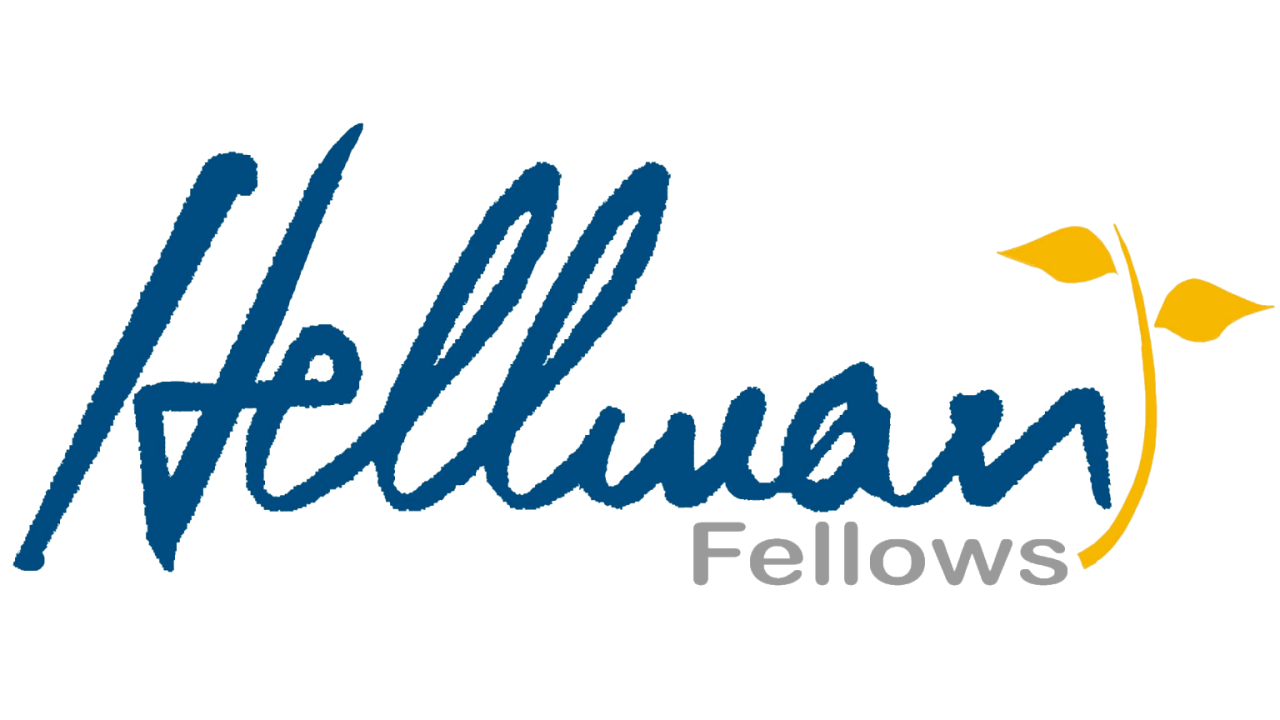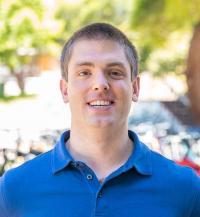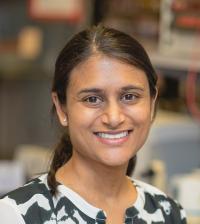
Matthew Ellis, Harishankar Manikantan and Priya Shah named UC Davis Hellman Fellows
Chemical engineering assistant professors Matthew Ellis, Harishankar Manikantan and Priya Shah were all named 2020-21 UC Davis Hellman Fellows.
The Hellman Fellowship program recognizes and funds research projects from faculty early in their careers, when they need funding the most. Since 2008, 178 UC Davis faculty members have been named Hellman Fellows and Ellis, Manikantan and Shah are among 15 new fellows this year. With their Hellman Fellowship funding, they will be exploring everything from gene expression to control systems to Alzheimer’s disease. More information about each project is below.
Matthew Ellis – “Deep-Learning-Enhanced Grey-Box Modeling for Buildings”

Ellis is applying deep learning to help buildings optimize their operations to save energy. Buildings account for 40% of the energy consumption in the U.S. Though studies have shown that optimizing control systems—which manage or regulate different devices or smaller systems—can save 10-25% more energy, current optimization tools are often too expensive to configure and train for most buildings to use.
Ellis thinks a possible solution is integrating these tools with deep learning to make them easier to configure and train, cheaper to maintain and easier to adopt for more buildings.
“I am most excited about the opportunity to build upon initial recent results applying novel deep learning hybrid modeling to buildings,” he said.
Harishankar Manikantan – “Simulating Neurovascular Polymer Dynamics: A New Paradigm in Alzheimer’s Research”

Manikantan is excited to bring his expertise in complex fluids to Alzheimer’s research to study cerebrospinal fluid. Cerebrospinal fluid flows in the hollow spaces of the brain and spinal cord and helps cushion them from injury and delivers nutrients. The aggregation of toxic waste products like misfolded proteins and biopolymers can be a sign of neurodegradation in Alzheimer’s patients, so modeling how cerebrospinal fluid flows and transports these molecules may shed new light on the disease.
The award will allow him to conduct initial modeling and, along with campus groups like the UC Davis Alzheimer’s Research Center, take the first steps toward pursuing larger projects in this new direction for his group.
“I am grateful for this support and recognition, and I look forward to exploring this promising and societally-relevant research field at the intersection of biophysics and microscale transport,” he said. “I am positive that the opportunity to conduct this preliminary research as a UC Davis Hellman Fellow will help me launch a strong and sustainable multi-year interdisciplinary program.”
Priya Shah – “Light-Activated Gene Expression for Biomanufacturing”

Shah’s team plans to capitalize on their success with light-activated gene expression systems to improve protein production in mammalian cells. By getting these cells to express certain genes, the group can create proteins for biotechnology and biomedical applications.
Normally, cells need to be induced into expressing these genes, which involves adding small molecules to the cellular culture. This is expensive, not feasible for large bioreactors and is extremely expensive to reverse. By activating the cells with light instead, Shah thinks she can make the process cheaper, more efficient and scalable.
“I’m excited to use the Hellman Fellowship to advance the use of mammalian synthetic biology,” she said. “This fellowship will allow us improve existing platforms for stable control of mammalian cell behavior using light.”
